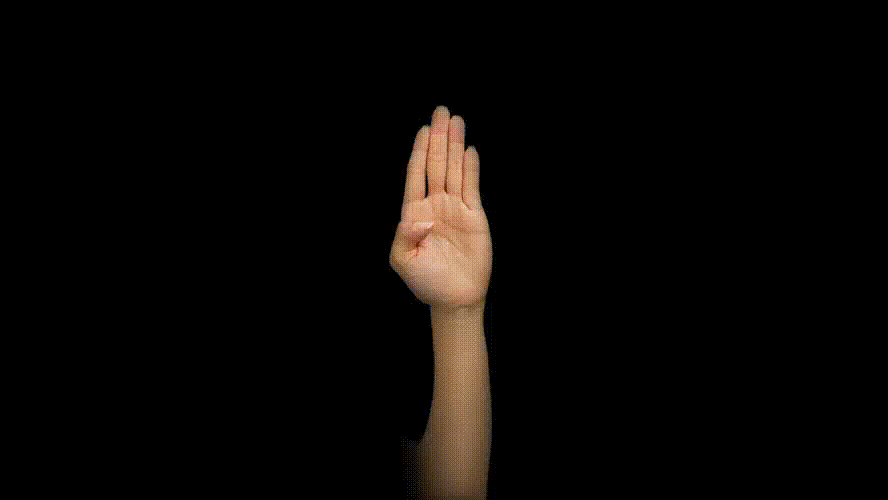Test header
I am Experiencing Abuse
You and your loved ones have the right to feel safe.
If you are experiencing violence or abuse in your relationships, it can be difficult to make the decision to seek help. You may feel scared that the perpetrator would carry out their threats to harm you or your loved ones, and worry about what the future would be like. It is normal to feel this way. There are trained professionals who care about your safety, and will listen to your difficulties and discuss suitable next steps.
Report Domestic Violence
Contact the National Anti-Violence and Sexual Harassment Helpline (NAVH)
Call 1800-777-0000 or make an online report via the NAVH Reporting Form
Important things to note before making a report
Airtime charges apply for mobile calls to 1800 service lines.
Contact the police if there is imminent danger
Seek Help
Family Service Centres
Family Service Centres (FSCs) are community-based social services that offer a range of social support services for the public. They can help with financial, parenting, marital, family or personal problems. Anyone – regardless of age, race, language or religion – can get help at the FSC. There are 48 FSCs island-wide, run by social service agencies.
Protection Specialist Centres*
*Formerly known as Family Violence Specialist Centres
Protection Specialist Centres (PSCs) provide social and emotional support for clients experiencing all forms of violence, including domestic violence and sexual violence. The two PSCs in Singapore are TRANS SAFE Centre and Care Corner Project StART.
You can also approach PAVE Integrated Services for Individual and Family Protection Specialist Centre (ISIFPSC), a one-stop integrated community-based service for individuals and families experiencing violence.
You can apply for:
- A Personal Protection Order to stop the person causing harm from committing family violence against you or a family member.
Additionally, you may also apply for the following orders (*these orders can only be made along with a protection order or if a protection order is in effect):
- An Expedited Order if there is imminent danger of family violence being committed against you or your family member while the protection order application is pending.
- A Domestic Exclusion Order to prevent the persons causing harm from entering your home or entering parts of your home.
- A Stay Away Order to prohibit persons causing harm from entering or remaining in an area outside your home or any other place frequented by you.
- A No Contact Order to prohibit persons causing harm from visiting or communicating with you.
- A Counselling Order requiring the person causing harm, victim and/or their children to attend counselling or other programmes for a specified period.
- A Mandatory Treatment Orderrequiring the person causing harm to undergo psychiatric treatment for a specified period.
Where to apply:
The Family Justice Court
Website: https://www.judiciary.gov.sg/family/apply-personal-protection-order
PAVE Integrated Services for Individual and Family Protection Specialist Centre (ISIFPSC)
Website: https://www.pave.org.sg
TRANS SAFE Centre
Website: https://www.trans.org.sg/services/family-violence-protection-sexual-violence-recovery
Care Corner Project StART
Website: https://www.carecorner.org.sg/family-violence-protection
Keep Safe
As you prepare to seek professional help, here are some things you can do to keep yourself safe:
- Share about your current situation with a safe or trusted family member, friend or colleague.
- Temporarily reside with a safe or trusted person if it is unsafe for you to remain in your home.
- Ensure that you have your mobile phone or other means of communication with you at all times, in the event you need to call for help.
- Make a list of safe people to contact and place their numbers on your “favourites” contact list on your phone, or memorise the numbers.
- Plan an escape route or how you will respond should violence or abuse occur while you are at home.
What if it is Unsafe for You to Tell Others You Need Help
Signal for Help
You can use the one-handed gesture, termed the ‘Signal for Help’, to discreetly show that you need help and want someone to check in with you when it is safe to do so. This signal is done by first holding up one hand with the thumb tucked into the palm, and then folding four fingers over the thumb.
